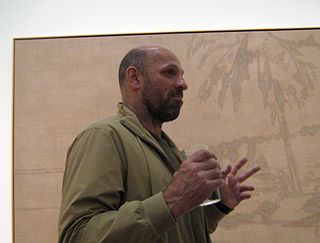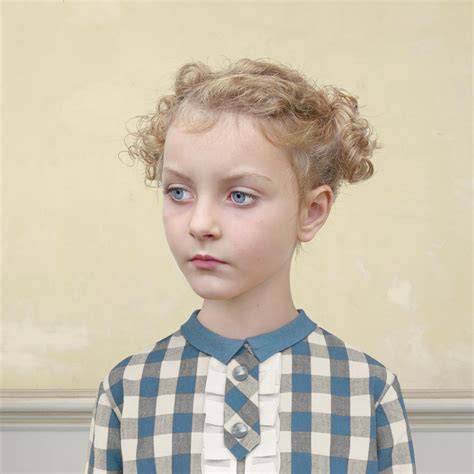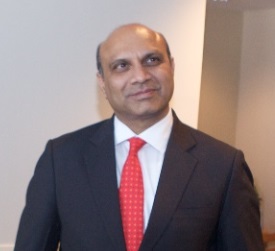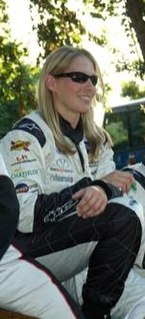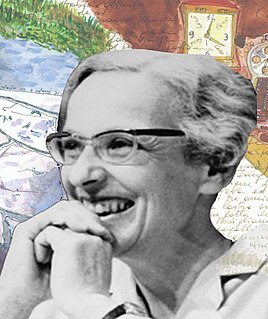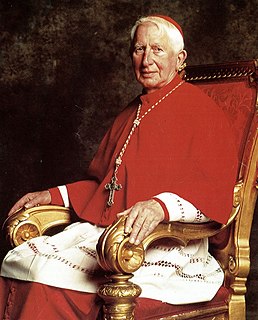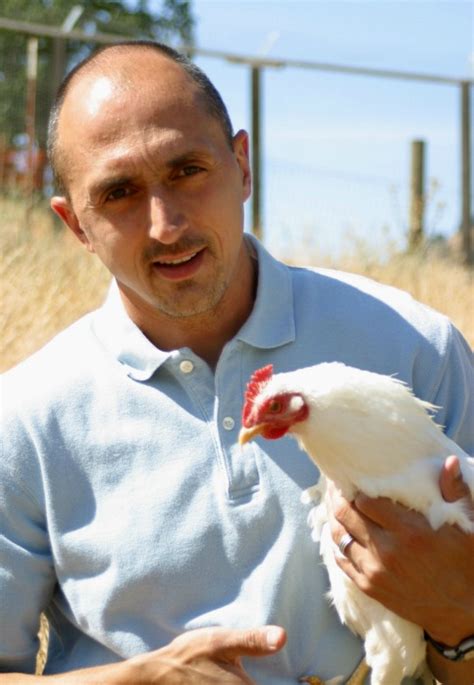A Quote by Paul Gauguin
I was aware that on my skill as a painter would depend the physical and moral possession of the model.
Related Quotes
It would appear... that moral phenomena, when observed on a great scale, are found to resemble physical phenomena; and we thus arrive, in inquiries of this kind, at the fundamental principle, that the greater the number of individuals observed, the more do individual peculiarities, whether physical or moral, become effaced, and leave in a prominent point of view the general facts, by virtue of which society exists and is preserved.
Political realism is aware of the moral significance of political action. It is also aware of the ineluctable tension between the moral command and the requirements of successful political action. And it is unwilling to gloss over and obliterate that tension and thus to obfuscate both the moral and the political issue by making it appear as though the stark facts of politics were morally more satisfying than they actually are, and the moral law less exacting than it actually is.
I'm not an academic; I'm not an archaeologist. I'm a writer, communicating ideas to the public. There is a model of how the past is, and a lot of academic archaeology is about refining the model. It's not about changing the model radically. I'm not aware of any current which is about radically changing the model. It's just me, really.

